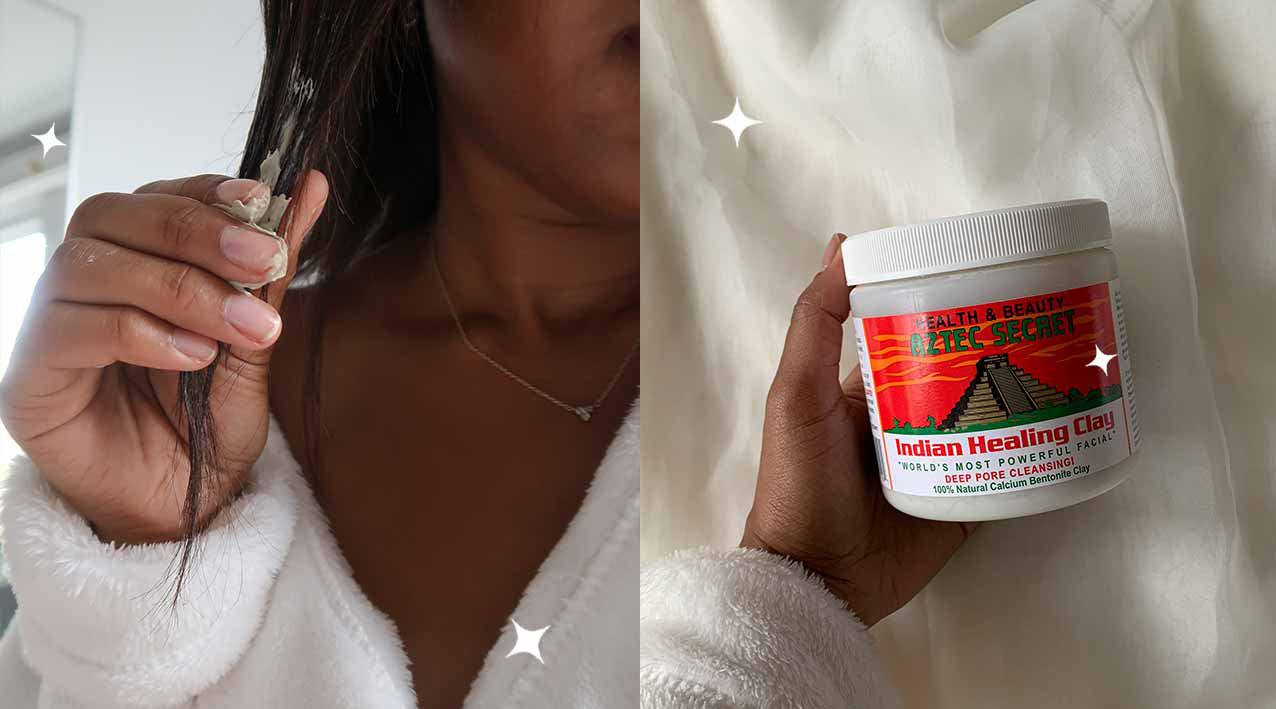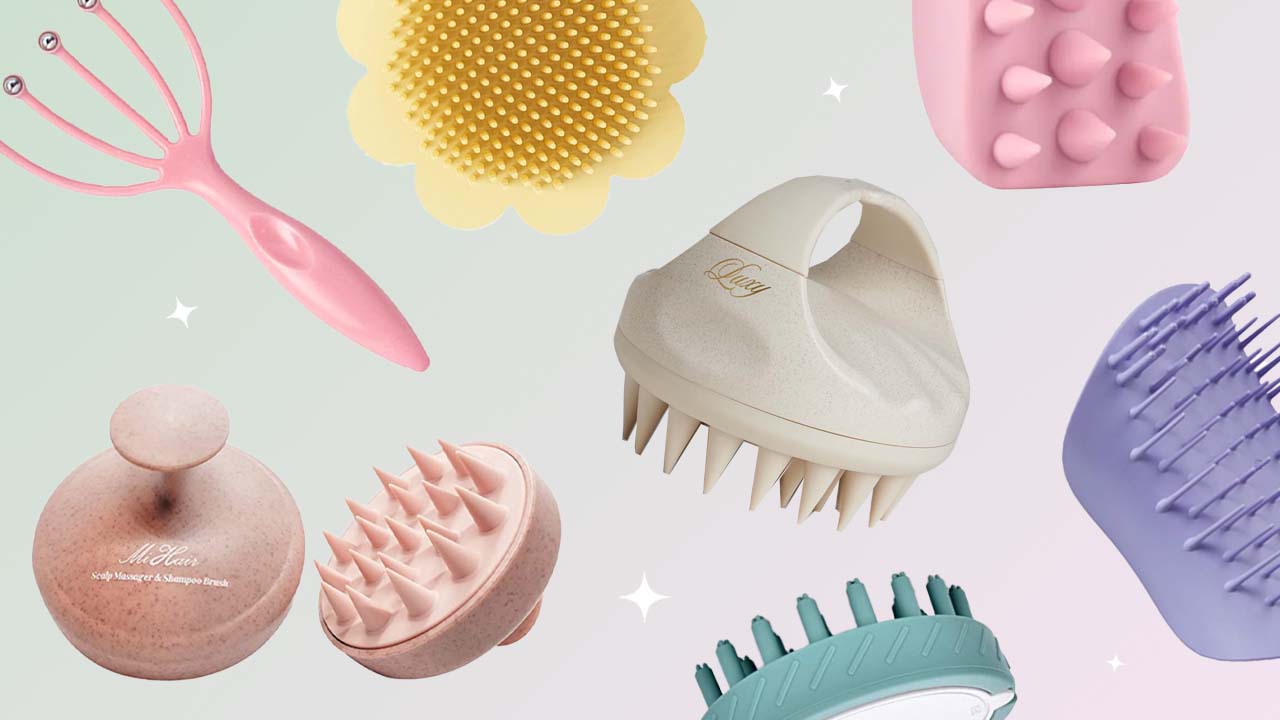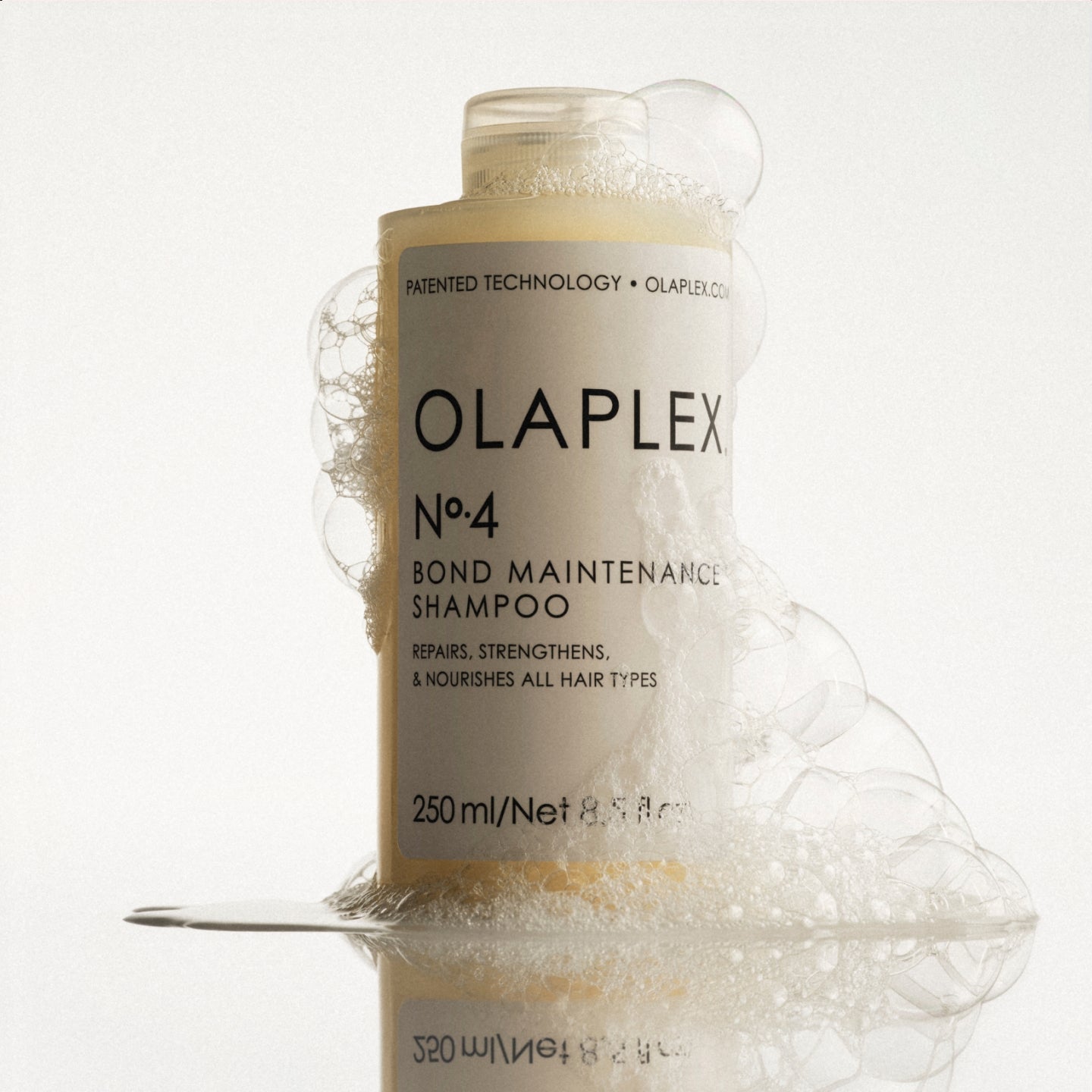Blog
What Causes Hair Loss & Baldness? 4 Potential Reasons Explained
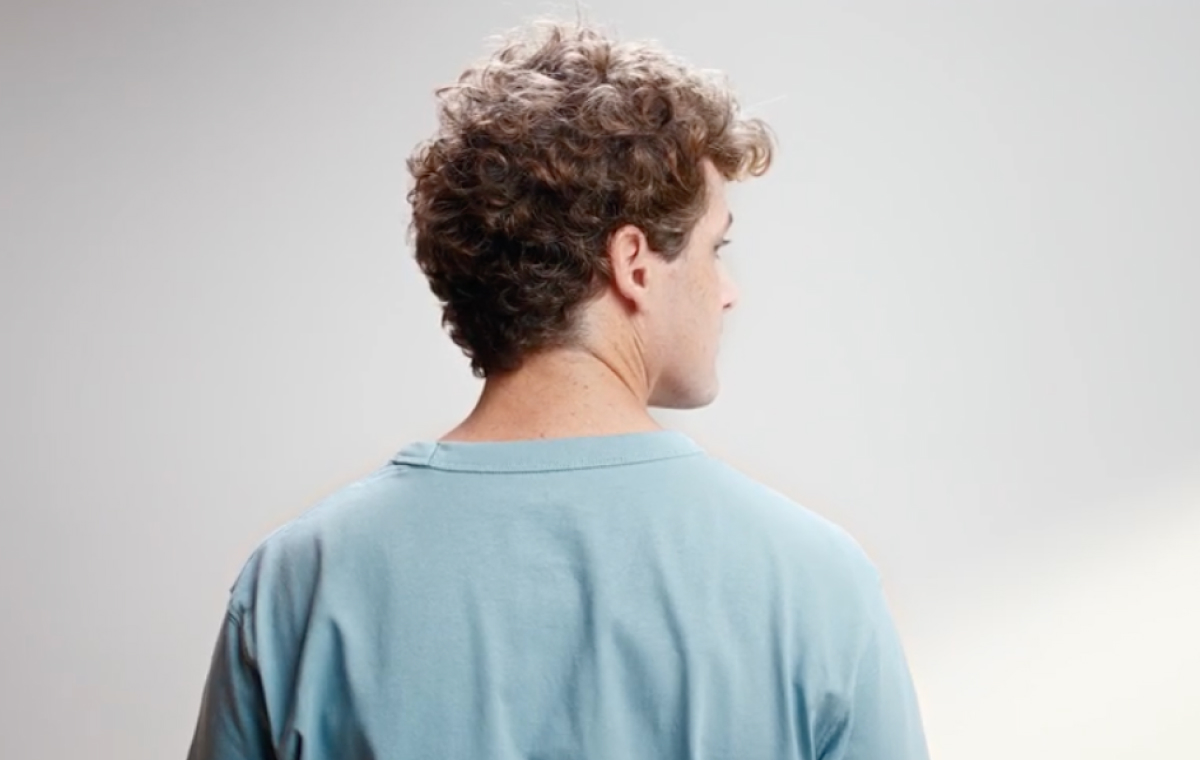
It’s completely normal to experience some hair loss. In fact, we shed 50-100 hairs each day according to the American Academy of Dermatology.
But our hair is more than just strands—it’s part of who we are. It helps us make a statement, define our style, and share more about who we are with the world. That’s why hair loss, whether gradual or sudden, can affect us so deeply.
So, what are the reasons for more hair fall than usual? “Hair loss has many causes; in that regard, we consider it to be multi-factorial,” shares Dr. Onuma. Guided by her expertise, let’s explore the main factors in both men and women.

Meet the expert
Dr. Neh J. Onumah is a dermatologist in Princeton, New Jersey, and is affiliated with Penn Medicine Princeton Medical Center. She has been in practice for more than 20 years.
The top reasons behind hair loss
1. Genetics
One of the leading causes of hair loss is genetics—specifically, a condition called androgenetic alopecia. Dr. Onumah shares, “We consider androgenetic alopecia to be the most common cause of hair loss in both men and women.”
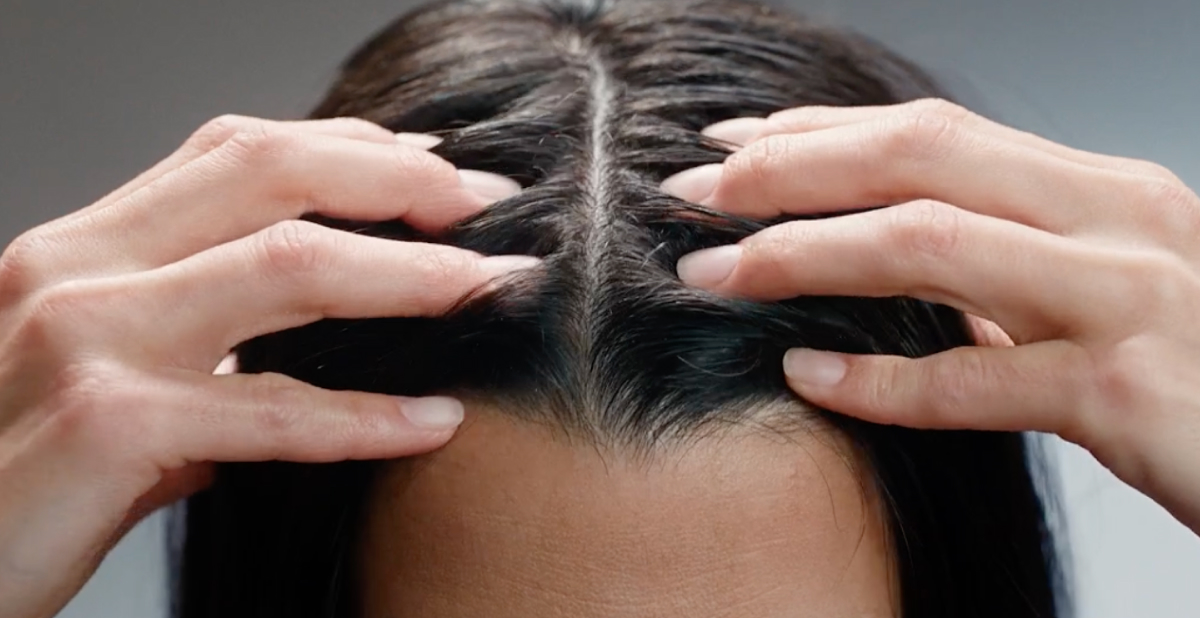
This is also called male pattern baldness or female pattern hair loss:
- In men, hair loss often starts as a receding hairline or thinning at the crown.
- In women, it usually shows up as diffuse thinning across the scalp, presenting as a wider part in the hair.
Genetics influence how sensitive your hair follicles are to certain natural hormones, which can shrink follicles and shorten the growth cycle. To sum things up, if you have a family history of baldness, you may be more likely to experience it yourself.
Fact check: Hair loss genes can be inherited from either side of the family—not just your mother’s side (as the saying goes).
2. Hormonal changes
Sometimes, it seems like hormones affect just about everything. When it comes to your hair, it’s close to the truth.
Hormones regulate the hair growth cycle, which is why disruptions can trigger thinning or loss. Those that play a role in hair health include dihydrotestosterone (DHT), estrogen, and thyroid hormones.
Hormonal hair loss in men
When it comes to what causes hair loss in men, testosterone is a key factor. Over time, hormonal changes can shrink hair follicles and lead to male pattern baldness.
Science shows that testosterone levels typically fall by about 1% per year after age 40. This decrease may lead to progressive thinning.
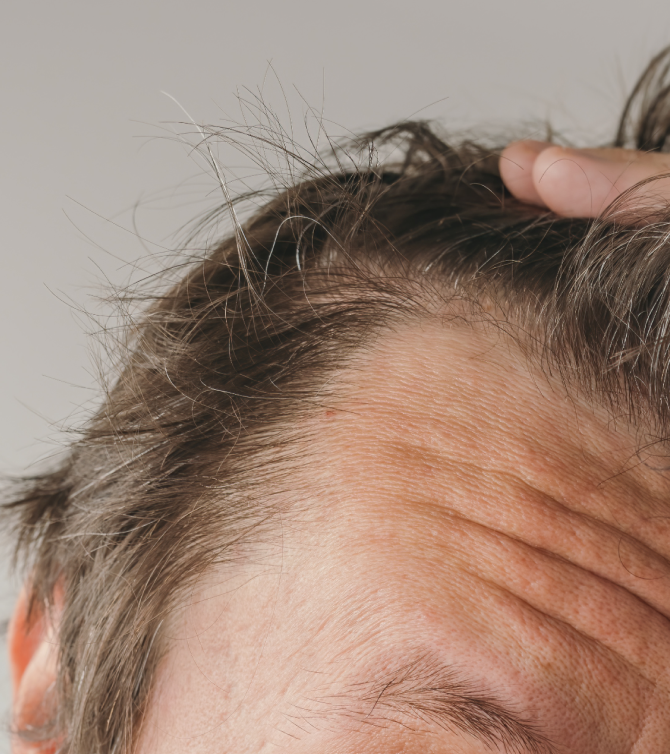
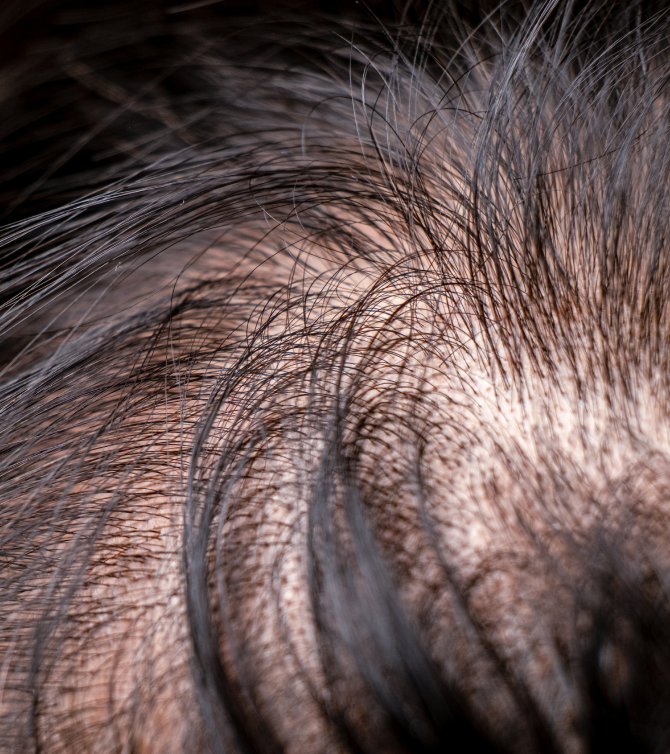
Hormonal hair loss in women
It’s a question that might have crossed your mind: What can cause hair loss in women? Some of the most common reasons include pregnancy, menopause, and thyroid conditions.
- Pregnancy: Higher estrogen levels can make hair appear thicker, but after childbirth, more shedding usually occurs.
- Menopause: Hormonal changes can lead to thinning over time.
- Thyroid issues: Certain conditions can interfere with the natural hair growth cycle.
3. Environmental factors & lifestyle
Yes, your years can be a factor: “The risk of hair loss increases as we get older,” confirms Dr. Onumah. But beyond genes and hormones, lifestyle aspects also play a role in hair health. She continues, “There are also environmental causes, such as stress or one’s diet.” Here’s the good news: many of these factors are in your direct control.
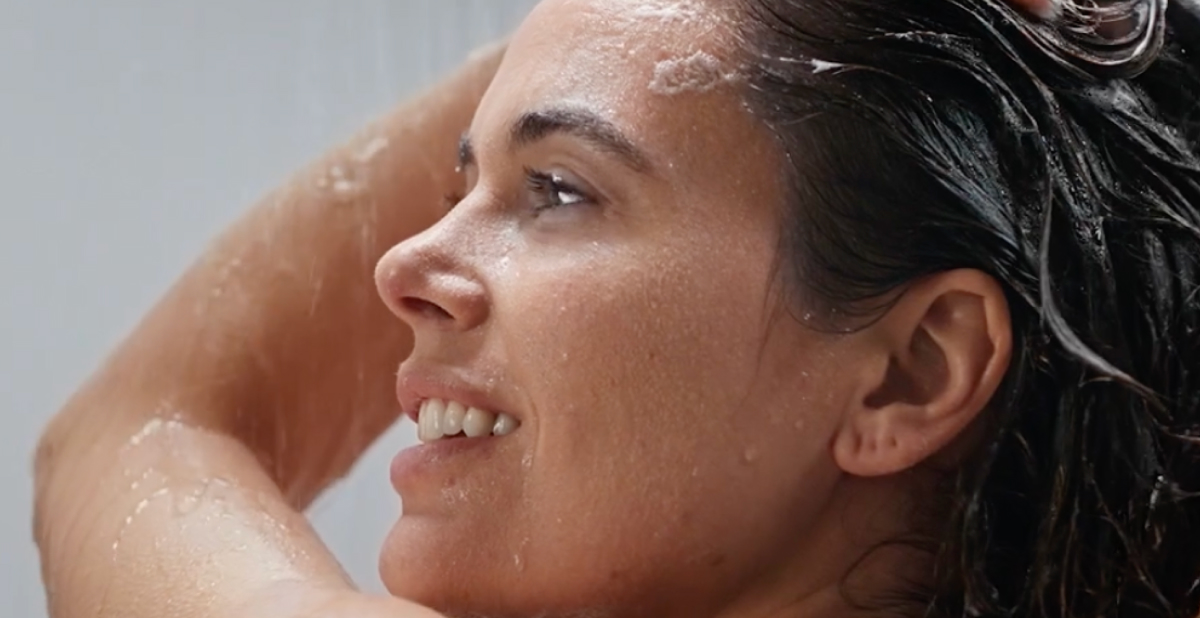
Let’s explore some of the most common hair loss causes:
Stress
What doesn’t stress play a role in? Both physical and emotional factors can disrupt the hair growth cycle, sometimes causing hair to shed months after the trigger. Fortunately, stress-related hair loss is often temporary—and once things calm down, hair usually grows back.
Nutrition
You are what you eat—especially when it comes to your hair. Deficiencies in iron, vitamin D, and zinc can lead to hair thinning. Sudden weight loss or restrictive diets may also affect growth. A balanced diet, and when needed, dietary supplements, can help support stronger, healthier hair.
Pollution
Daily pollution from cars, city life, or indoor environments can generate free radicals, leading to oxidative stress that can damage hair follicles. Over time, this may weaken strands and contribute to thinning.
Expert insight: These three factors also affect how your skin looks and feels, making up a large part of the exposome.
Hairstyling habits
“Other causes we should consider would be hair grooming practices,” explains Dr. Onumah. She shares that excessive use of heat tools, tight hairstyles like braids or ponytails, or frequent use of styling products may put stress on the scalp and hair. While these don’t contribute to genetic or hormonal thinning, they can worsen breakage and shedding.
4. Medical conditions and medications
At times, our hair can serve as a window into our overall wellness. That’s because certain health conditions can also cause alopecia (hair loss). Some examples include:
- Polycystic ovary syndrome (PCOS)
- Autoimmune disorders like lupus
- Scalp conditions such as psoriasis or seborrheic dermatitis
Some medications, including chemotherapy, can also trigger temporary or permanent hair loss. If you’re experiencing an unexplained or sudden change in your hair, it’s best to consult a dermatologist to explore the root causes.
FAQs about hair loss
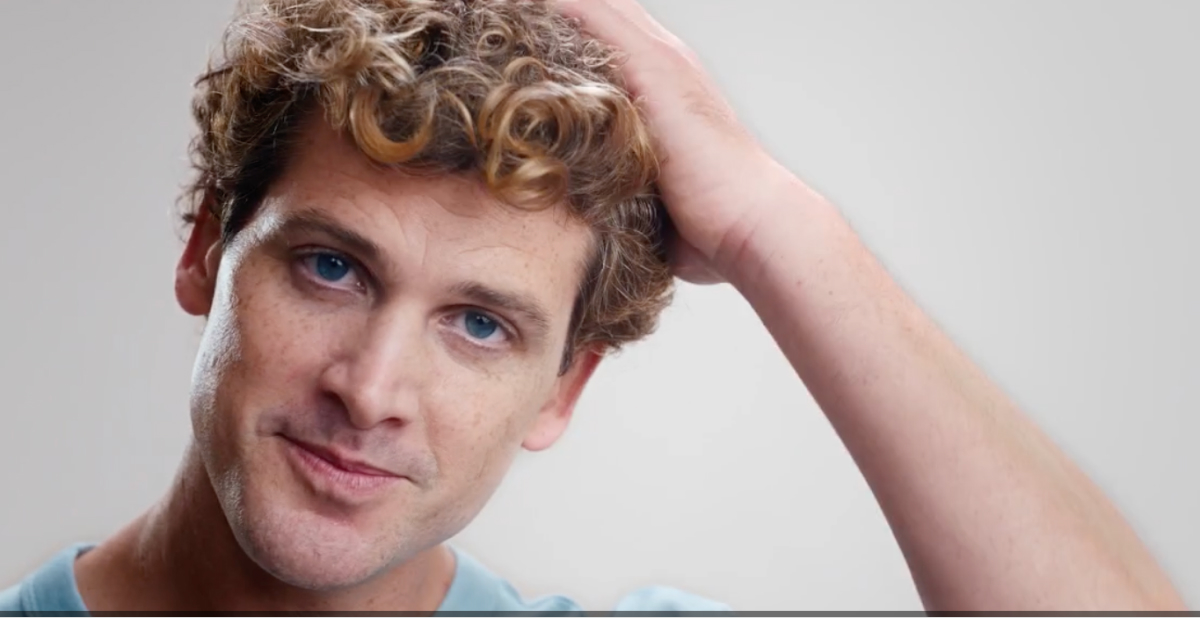
What are the reasons for hair fall?
Hair fall can result from genetics, hormonal changes, stress, poor nutrition, environmental factors, or medical conditions. A dermatologist can help identify the specific cause for you.
What causes alopecia?
Alopecia simply means hair loss. It can be caused by autoimmune conditions, genetics, hormonal imbalances, or medical treatments like chemotherapy.
What typically causes male baldness?
Male baldness is most often linked to androgenetic alopecia, a genetic condition passed down through families. It typically presents as a receding hairline or thinning crown. The good news? Targeted care can help support fuller, stronger hair.
What can cause hair loss in women?
For women, common causes include hormonal fluctuations (pregnancy, menopause, thyroid issues), stress, nutritional deficiencies, and certain health conditions.
A gentle reminder
Hair loss can feel overwhelming at times, but understanding what causes it is the first step toward finding solutions. Whether it’s genetics, hormones, or lifestyle factors, addressing the root cause with the help of a dermatologist, like Dr. Onumah, can make all the difference.
Beyond the help of an expert, remember there’s so much you can do on your own. A healthy diet, balanced stress levels, and targeted hair care can also help support a denser, stronger look.
But the most important thing to keep in mind? No matter how thin or full, healthy hair is beautiful hair.
Sources and references:
The American Academy of Dermatology (
The U.S National Library of Medicine: Genetics Home Reference (
Almohanna, HM., Ahmed, AA., Tsatalis, JP., Tosti, Antonella. The Role of Vitamins and Minerals in Hair Loss: A Review. In Dermatology and Therapy (2019); 9(1): 51-70.
Martinez-Jacobo L, Villarreal-Villarreal CD, Ortiz-López R, Ocampo-Candiani J, Rojas-Martínez A. Genetic and molecular aspects of androgenetic alopecia. Indian J Dermatol Venereol Leprol 2018;84:263-8
Harrison, S., Bergfeld, W. Diffuse Hair Loss: Its triggers and management. In Cleveland Clinic Journal of Medicine (2009), Vol 76(6).
Hadshiew, IM., Foitzik, K., Arck, PC., Paus, R. Burden of Hair Loss: Stress and the Underestimated Psychosocial Impact of Telogen Effluvium and Androgenetic Alopecia. In Journal of Investigative Dermatology (September 2004), Vol. 123(3); 455-457.
Trüeb, RM. Oxidative Stress in Ageing of Hair. In Int J Trichology (Jan-Jun 2009), Vol. 1(1); 6-14.
Guo, EL., Katta, R. Diet and hair loss: effects of nutrient deficiency and supplement use. In Dermatol Pract Concept (2017), Vol. 7(1); 1-10.
Guzmán-Sánchez, D., Asz-Sigall, D. Alopecias due to drugs and other skin and systemic disorders. In Alopecias – Practical Evaluation and Management. Curr Probl Dermatol (2015);47:97-106.

Editorial Team
Our namesake embodies the spirit of embracing life and all its wonder. As wellness journalists, we explore topics that invigorate the senses and keep curiosity alive. We believe that glowing skin is the result of a healthy body and mind. Weaving beauty with science, we aim to inspire you to live young at every age.



